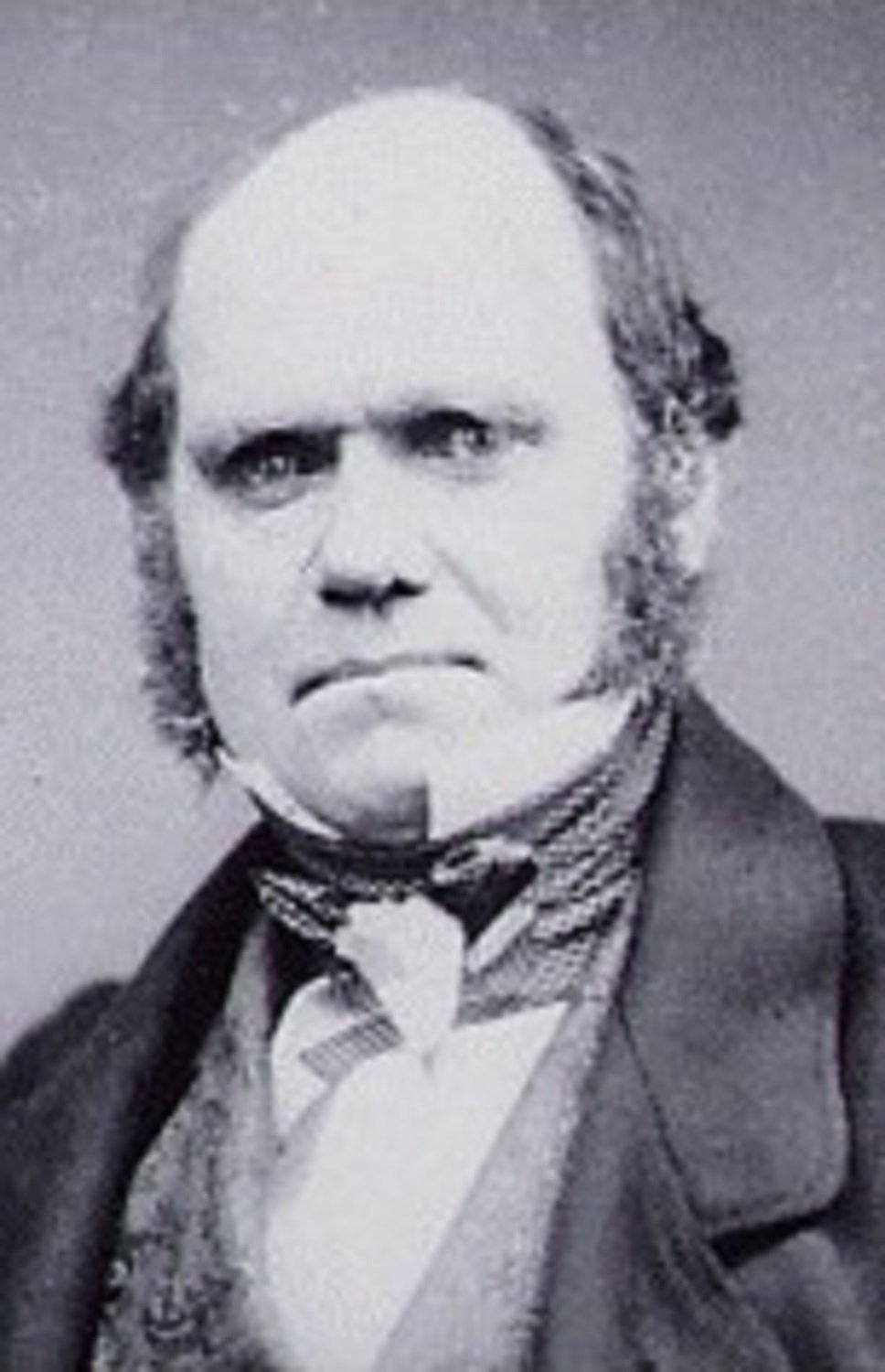
Publication of the theory of natural selection
For more details on this topic, see Publication of Darwin's theory.
Darwin was forced into swift publication of his theory of natural selection.
By the start of 1856, Darwin was investigating whether eggs and seeds could survive travel across seawater to spread species across oceans. **** increasingly doubted the traditional view that species were fixed, but their young friend Thomas Henry Huxley was firmly against evolution. Lyell was intrigued by Darwin’s speculations without realising their extent. When he read a paper by Alfred Russel Wallace on the Introduction of species, he saw similarities with Darwin’s thoughts and urged him to publish to establish precedence. Though Darwin saw no threat, he began work on a short paper. Finding answers to difficult questions held him up repeatedly, and he expanded his plans to a “big book on species” titled Natural Selection. He continued his researches, obtaining information and specimens from naturalists worldwide including Wallace who was working in Borneo.
The American botanist Asa Gray showed similar interests, and on 5 September 1857 Darwin sent Gray a detailed outline of his ideas including an abstract of Natural Selection. In December, Darwin received a
letter from Wallace asking if the book would examine human origins. He responded that he would avoid
that subject, “so surrounded with prejudices”, while encouraging Wallace’s theorising and adding that
“I go much further than you.”
Darwin’s book was half way when, on 18 June 1858, he received a paper from Wallace describing natural selection. Shocked that he had been “forestalled”, Darwin sent it on to Lyell, as requested, and, though Wallace had not asked for publication, he suggested he would send it to any journal that Wallace chose.
His family was in crisis with children in the village dying of scarlet fever, and he put matters in the hands of Lyell and ****. They decided on a joint presentation at the Linnean Society on 1 July of On the Tendency of Species to form Varieties; and on the Perpetuation of Varieties and Species by Natural Means of Selection; however, Darwin’s baby son died of the scarlet fever and he was too distraught to attend.
There was little immediate attention to this announcement of the theory; after the paper was published in the August journal of the society, it was reprinted in several magazines and there were some reviews and letters, but the president of the Linnean remarked in May 1859 that the year had not been marked by any revolutionary discoveries. Only one review rankled enough for Darwin to recall it later; Professor Samuel Haughton of Dublin claimed that “all that was new in them was false, and what was true was old.”
Darwin struggled for thirteen months to produce an abstract of his “big book”, suffering from ill health but getting constant encouragement from his scientific friends. Lyell arranged to have it published by John Murray.
On the Origin of Species by Means of Natural Selection, or The Preservation of Favoured Races in the Struggle for Life (usually abbreviated to On the Origin of Species) proved unexpectedly popular, with the entire stock of 1,250 copies oversubscribed when it went on sale to booksellers on 22 November 1859.[98] In the book, Darwin set out “one long argument” of detailed observations, inferences and consideration of anticipated objections. His only allusion to human evolution was the understatement that “light will be thrown on the origin of man and his history”.
His theory is simply stated in the introduction:
"As many more individuals of each species are born than can possibly survive; and as, consequently, there is a frequently recurring struggle for existence, it follows that any being, if it vary however slightly in any manner profitable to itself, under the complex and sometimes varying conditions of life, will have a better chance of surviving, and thus be naturally selected. From the strong principle of inheritance, any selected variety will tend to propagate its new and modified form.
He put a strong case for common descent, but avoided the then controversial term “evolution”, and at the end of the book concluded that
"There is grandeur in this view of life, with its several powers, having been originally breathed into a few forms or into one; and that, whilst this planet has gone cycling on according to the fixed law of gravity, from so simple a beginning endless forms most beautiful and most wonderful have been, and are being, evolved."